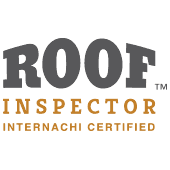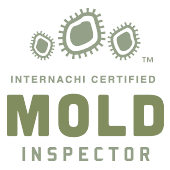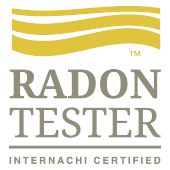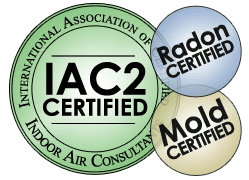How Real Estate agents can limit their liability
1) Insist that your client have a professional home inspection performed, including ancillary inspections such as mold, radon, termites (WDI) etc.
2) Recommend the high- value inspector, not the low-priced inspector. Trying to save your client $100 on an inspection could cost them $10,000 in missed repairs.
3) Avoid conflicts of interest. Never recommend an inspector who participates in preferred-vendor schemes. All the reputable inspector associations prohibit this. Your fiduciary duty means recommending inspectors based on merit, not money.
4) Only recommend inspectors who adhere to a strict Code of Ethics and Standards of Practice, such as members of InterNACHI.
5) Take the time to manage your clients' expectations of what can reasonably be discovered by a limited, visual inspection of a property that is full of furniture, carpets and stored items.
6) Recommend that your client have the home inspected before listing it. The seller can then confirm that there are no major systems in need of immediate repair or replacement, and no known safety hazards.
7) Review the home inspector's Pre-Inspection Agreement to make sure that it contains a Notice Clause that requires the buyer to notify the inspector within 14 days of the discovery of any defect not noted in the inspection report.
8)Always attend the home inspection. This shows your professionalism and concern for your client's interests and can mean more referrals.
9) Be sure to carry your own Professional Liability Insurance to protect yourself from allegations that you should have independently verified that the property was defect-free.
10) Indemnify yourself against lawsuits up to $10,000 by registering for InterNACHI's Free Negligent Referral Protection Program.




